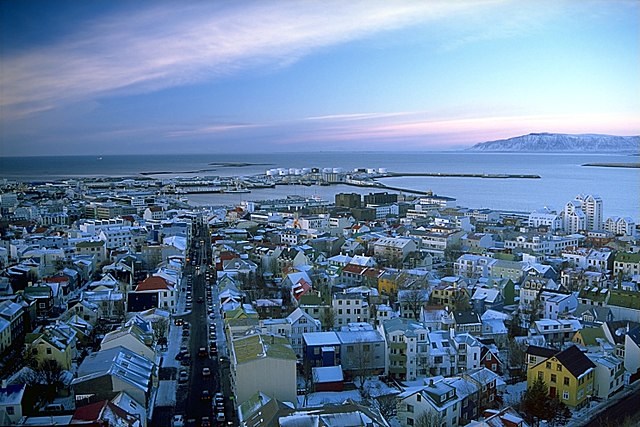Iceland will offer a coronavirus test to all arriving by plane as it prepares to ease restrictions on international travel from mid-June.
In a press conference on Monday, the country's prime minister, Katrín Jakobsdóttir, announced that it would reopen its borders to all travellers no later than 15 June.
From that date, travellers arriving at Keflavik, the only international airport, will be offered a coronavirus test as a way to avoid having to go into self-isolation.
Related News
- Austria and Germany to reopen border on 15 June
- Spain: 14-day quarantine for incoming travellers
- Minister puts his foot down: no visits to the Netherlands
Under current regulations, travel into Iceland from outside the Schengen area is banned, and anyone coming from the Schengen area must self-isolate for 14 days.
Passengers who refuse to take a test or who are unable to produce a medical certificate proving they are free of coronavirus infection will be required to go into quarantine for two weeks, according to an official statement.
The Icelandic government also said that arriving travellers were likely to be required to download a tracing application, already used by 40% of the population and which has been part of the government's official response to the pandemic.
"The app has been developed following the strictest privacy standards, with location data stored locally on the user's device unless released for tracing purposes in case of an infection," the prime minister's office wrote online.
Jakobsdóttir's announcement to reporters in the capital Reykjavik came as the island nation reported no new cases of the new coronavirus (Covid-19) for the fifth consecutive day.
Ten people have died from the virus so far in Iceland, out of the 1,801 cases confirmed by the latest data on 13 May.
In order to contain the pandemic, Iceland deployed a comprehensive testing strategy and currently leads the world in the number of tests carried out per 1,000 inhabitants, having tested over 160,000 people as of 11 May, out of a population of 364,000.
Testing began a whole month before the first case was confirmed in the island nation in late February, and, since January, all travellers arriving from abroad have been required to quarantine for two weeks.
Gabriela Galindo
The Brussels Times

